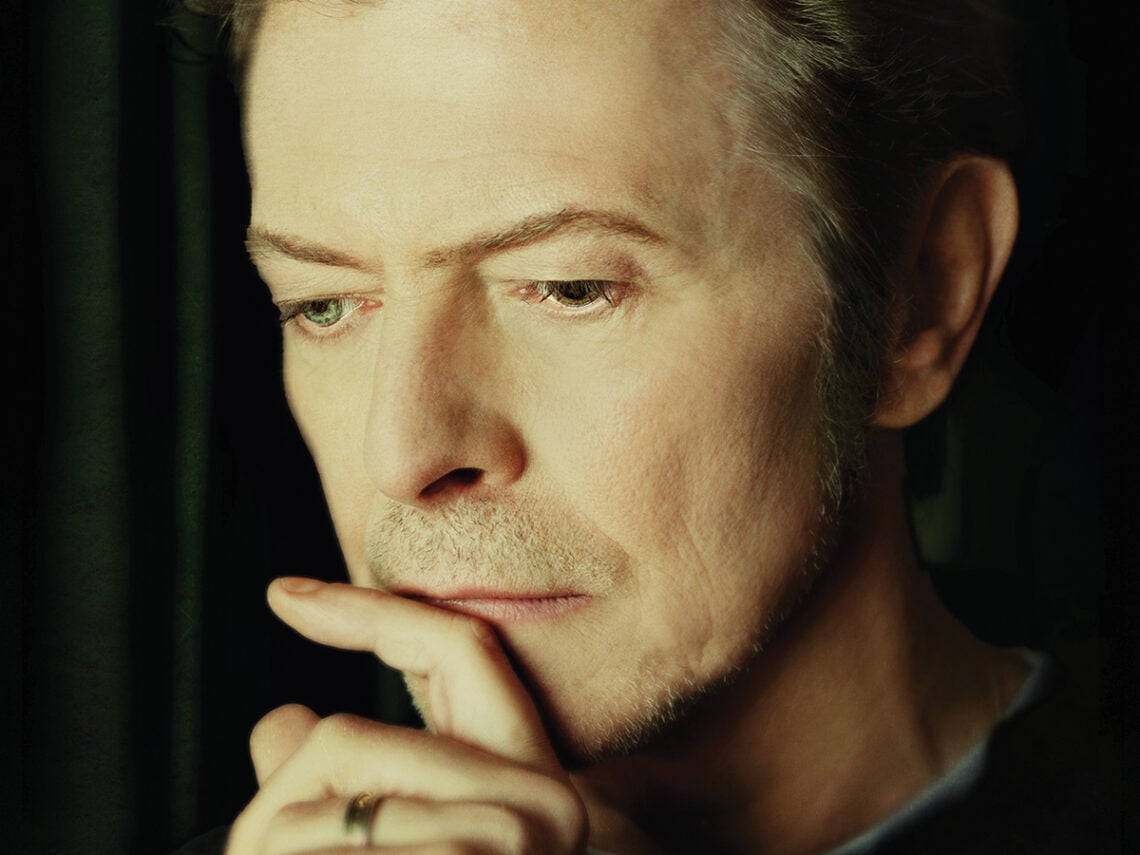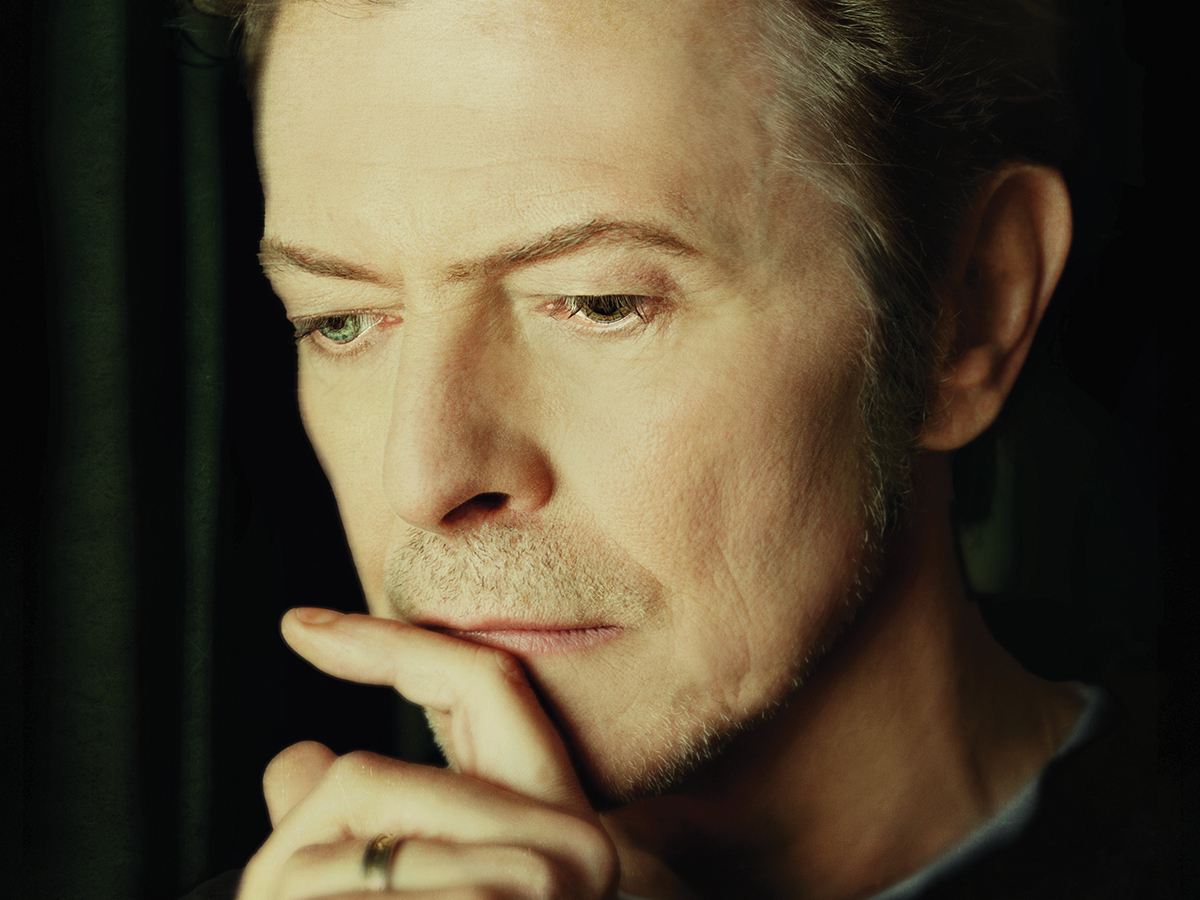
(Credits: The David Bowie Archive / Myriam Santos)
Fri 10 October 2025 12:00, UK
Blowing away the stuffy conservatism of 1970s Britain in a puff of glitter and platform shoes, glam rock was a vital – if largely unexpected – cultural revolution, establishing the likes of David Bowie and Marc Bolan as the head honchos of a vibrant, rock-fueled new age.
Bowie was a natural poster boy for the glam rock age, what with his otherworldly stage get-up and striking image. After attempting to embrace everything from the mod subculture to strange ballet-inspired novelty records, the Brixton-born songwriter had finally found his calling, and it came in the form of an alien being with an inexplicable love for lycra and the makeup section of Boots the Chemist: Ziggy Stardust.
Along with his Spiders from Mars (who were from the Humberside portion of the Red Planet), Ziggy Stardust alerted audiences across the globe to this bold new age of rock and roll, complete with trailblazing androgyny and an unending penchant for theatrics, along with the kind of songwriting mastery that comes along once in a generation.
Ultimately, though, Bowie did not arrive in the glam scene fully formed. Like virtually all musicians, the ‘Starman’ was always indebted to the trailblazers who came before him, even if they never achieved the same all-encompassing notoriety as the harbingers of glam.
When thinking about the forefathers of the glam age, it is nigh impossible not to conjure up an image of Marc Bolan, the curly-haired enigma at the heart of T Rex. Even Bowie himself routinely cited T Rex as the prevailing inspiration behind his Martian creations being beamed down to Earth. Still, the timeline of glam stretches back much further than the release of Electric Warrior, finding its roots in the mind-expanding world of mid-1960s Canterbury and the origins of Britain’s psychedelic age.
At the focal point of that Canterbury scene, where Britain’s love-affair with LSD truly kicked into gear, was Soft Machine. Adopting a sound so diverse that it made Bowie’s glam-era output seem simplistic, the band’s debut single ‘Love Makes Sweet Music’ darted sporadically from the influence of American R&B to jazz, and beat rock, all with an undercurrent of kaleidoscopic psychedelia. As Bowie himself declared, during a 2003 interview with The World, “I think all the strands of glam rock are in that.”
Namely, Bowie’s appreciations were pinned on Soft Machine’s short-lived guitarist Daevid Allen, who was essential in crafting the band’s sound, but had to leave the band shortly after that debut single hit the airwaves, owing to an overstayed visa.
“He preceded us by about two years,” Bowie shared. “And so did Kevin Ayers. Soft Machine, especially with Robert Wyatt, were great London favourites. They were like ‘our heavy band, man.’”
Even within the expansive counterculture age, nobody else came close to replicating the sound of Soft Machine. Wyatt, Ayers, Allen, and Ratledge were in a league of their own, and although their impact never truly troubled the musical mainstream, the inventiveness of their output certainly seemed to find the right ears. Without those otherworldly records back in the 1960s, perhaps Bowie would have stuck to creating ‘Laughing Gnome’-esque novelty records, rather than pursuing the revolutionary sounds of the glam age.
Related Topics

